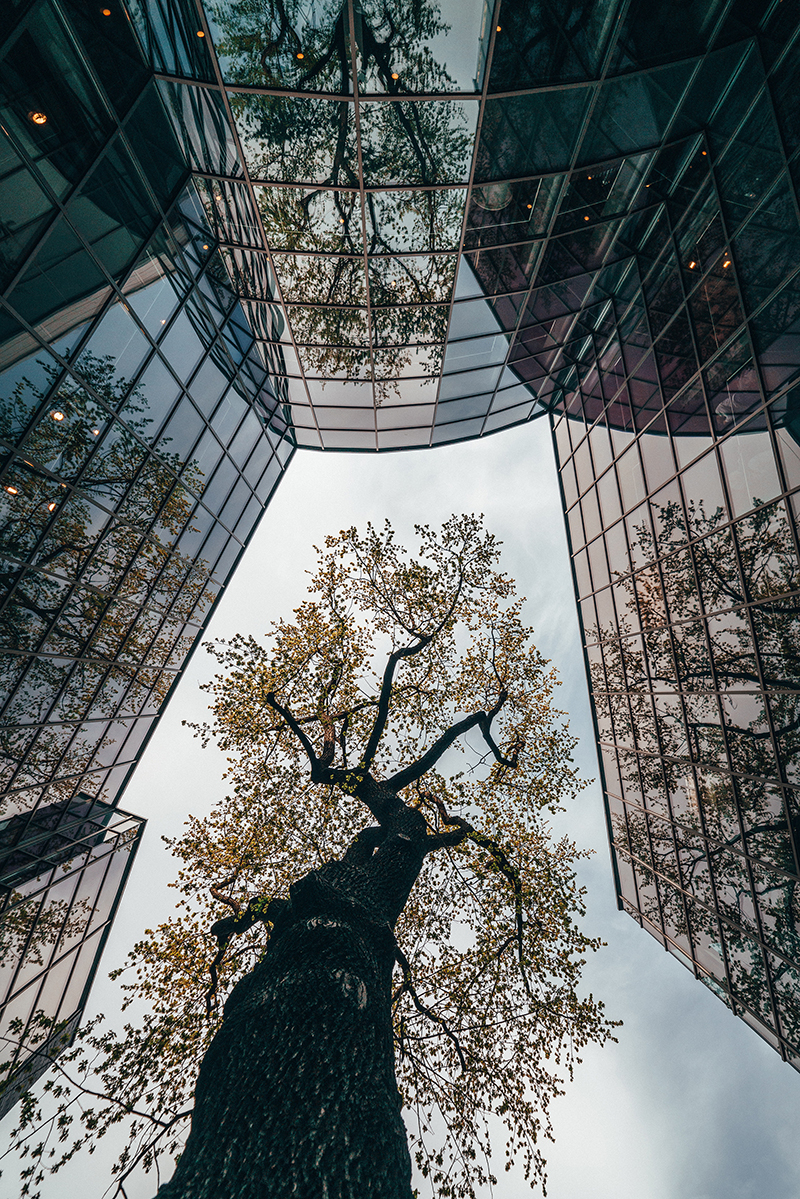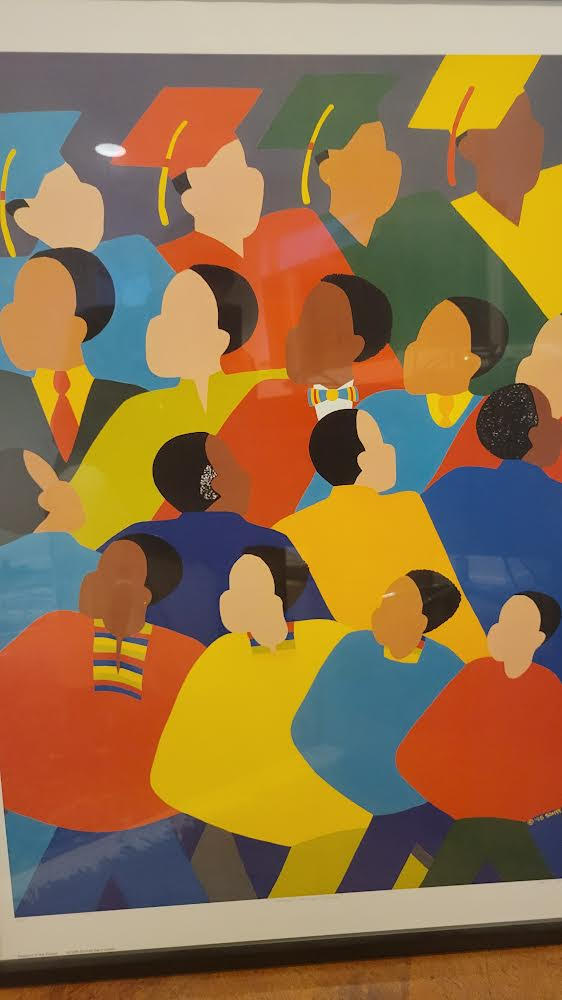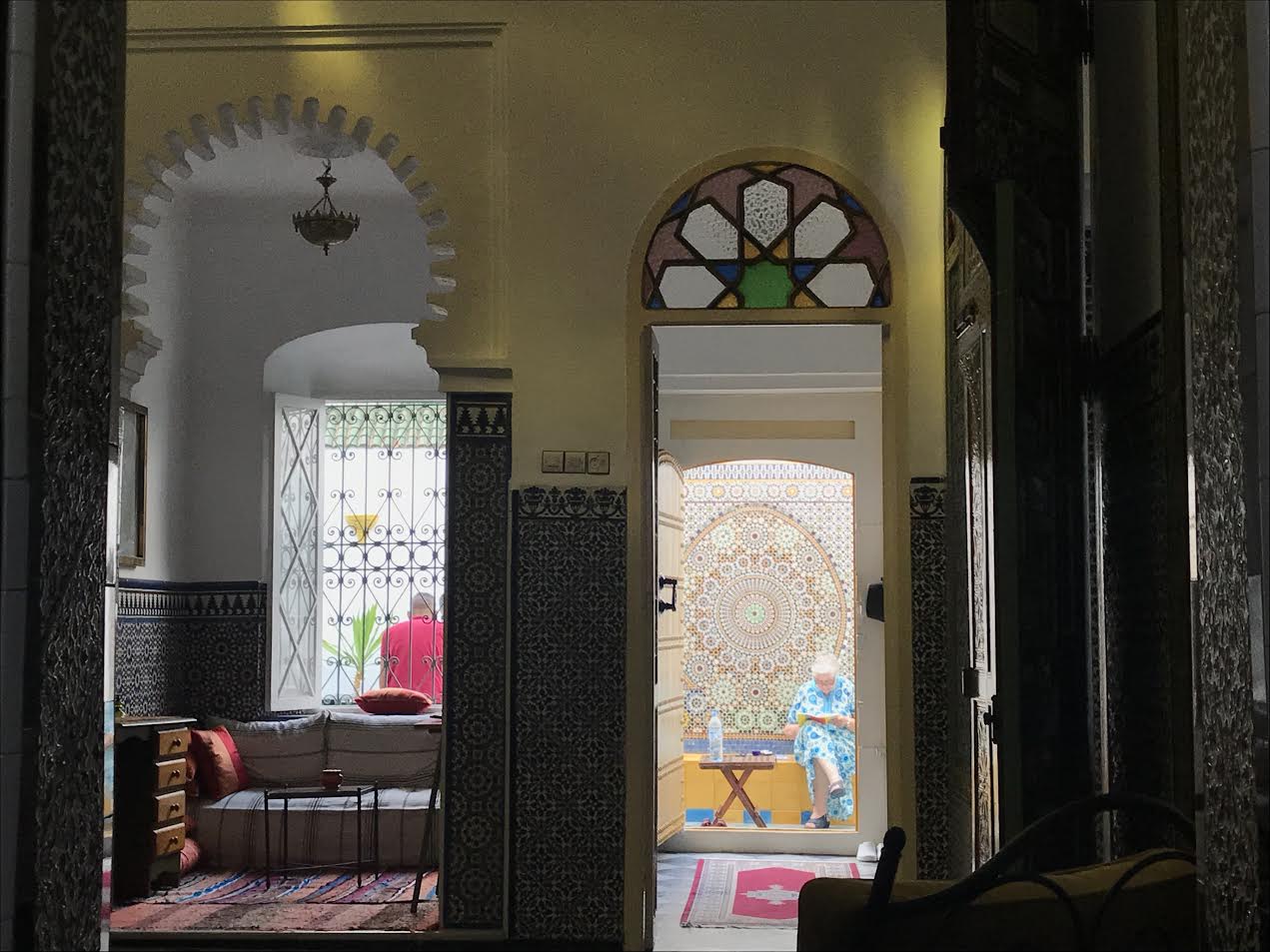The UC Davis Humanities Institute's Transcollege Research Clusters seek to build collaborations across colleges and professional schools. Intended to be deeply interdisciplinary, the Transcollege Research Clusters facilitate exchange among faculty and graduate students in workshops, symposia, or mini conferences, and encourage humanities and arts dialogues with other colleges and schools on campus. We especially encourage applications from early career faculty.
In addition to programming, we encourage clusters to view this as seed funding and to conceive ways that the cluster can serve as an incubator for larger projects in the future (websites and digital projects, co-authored books or journals, NEH Summer Seminars, NEH Collaborative Grants, UC-wide research groups, etc.). Clusters are awarded up to $5,000 annually. The call for applications is released in Fall Quarter.
2022-2023 Transcollege Clusters

|
Heritage Spanish: A Forum for Language, Learning & Teaching |
PI: Agustina Carando (Spanish & Portuguese) Our research team is composed of faculty members and graduate students from the College of Letters & Sciences and the School of Education. We share an interest in studying the language features, learning experiences, and teaching practices related to heritage speakers of Spanish in the United States. Heritage speakers are members of a language community who grow up with exposure to the language primarily in home and community contexts, not in academic and institutional contexts. While the field of heritage language studies has flourished over the past twenty years, advances in our knowledge about the challenges facing heritage speakers has often failed to reach practitioners “on the ground” and translate into actual pedagogical innovations, which would impact the students themselves and lead to improved outcomes. Our overarching goal, then, is to not only contribute to inter-college research on heritage Spanish, but also to serve as a forum of stakeholders and, ultimately, a bridge into our community’s bilingual classrooms. |

|
Gold and Blue Beyond Black and White |
PI: Gregory Downs (Department of History) |

|
Venues for Thought Experiments in Aesthetics and Media |
PIs: Tarek Elhaik (Department of Anthropology) & Katharine Wallerstein (DHI) This research cluster takes as its subject matter intersecting concepts of “venue,” “aesthetics,” and “media.” Experiencing, interrogating, and conceptualizing the material, virtual, and philosophical spaces in which scholars, artists, and others come together for shared creative and critical thought, along with the aesthetic, affective, and political tasks venues assume and perform, is at the heart of our project. The cluster seeks to locate what we call “venue work” within a larger media ecology – an ecology of organisms, environments, ideas, concepts, and images. Our work is therefore inspired and animated by a search for an oikos where “cogitative souls” (Elhaik, 2021) can carry out their image and concept work, and where they can encounter and study, without mastering them, the “reveries” (Bachelard, 1960) that traverse and animate them. This oikos, one venue and many, is a time-space of immanence, of inquiry and experimentation, and, not least, of imaginative forms of conviviality. |
